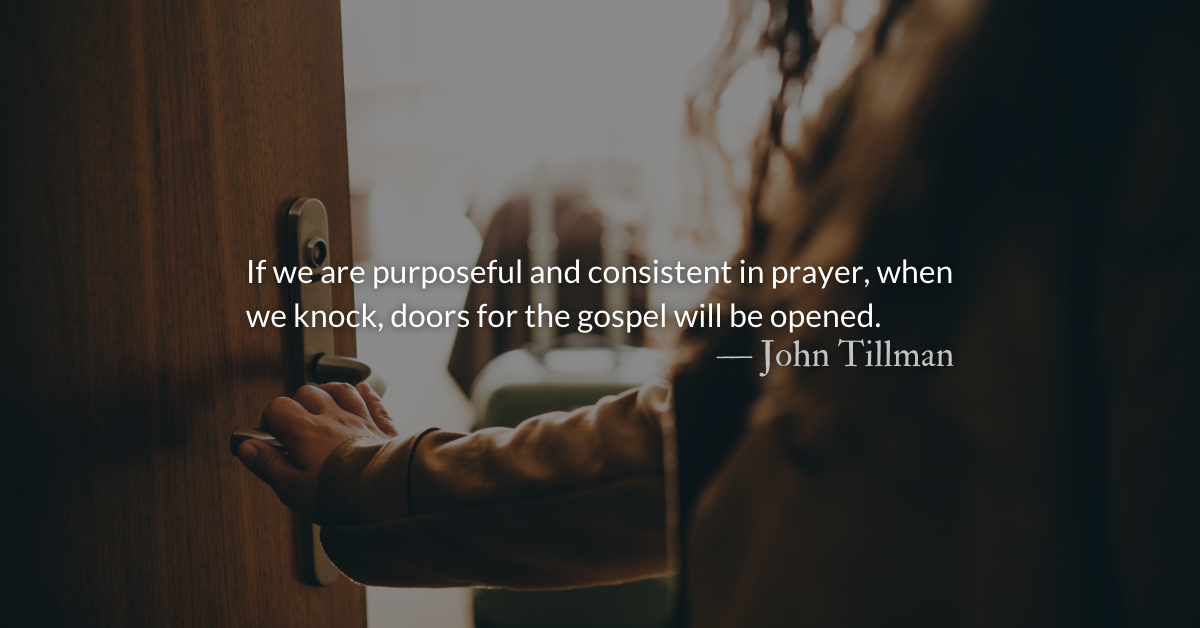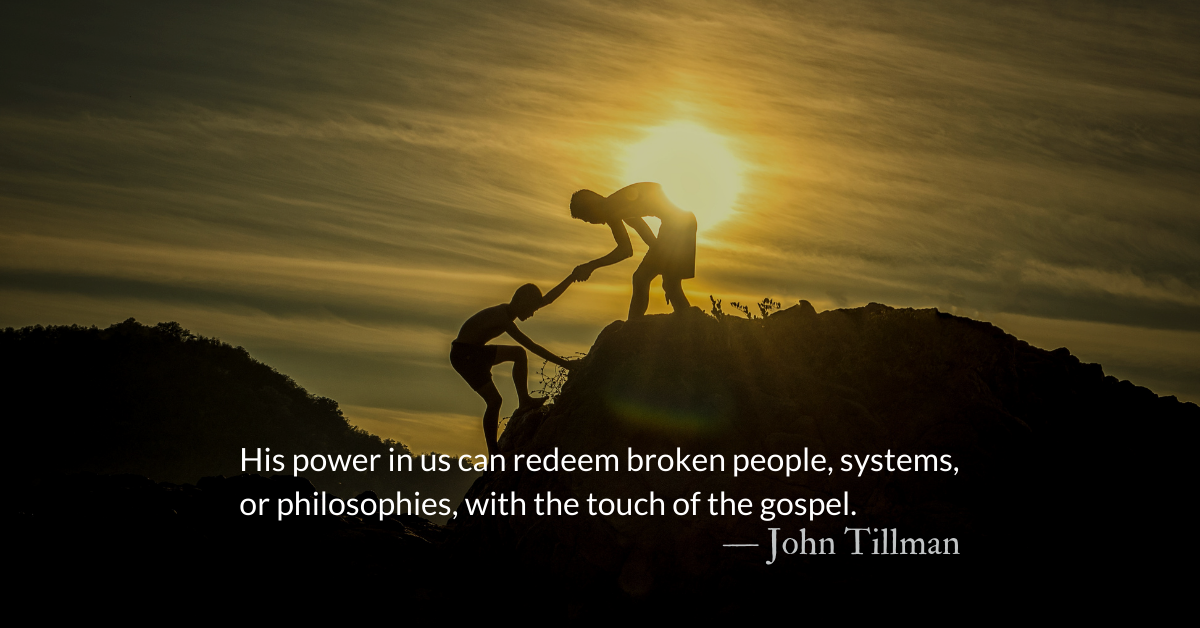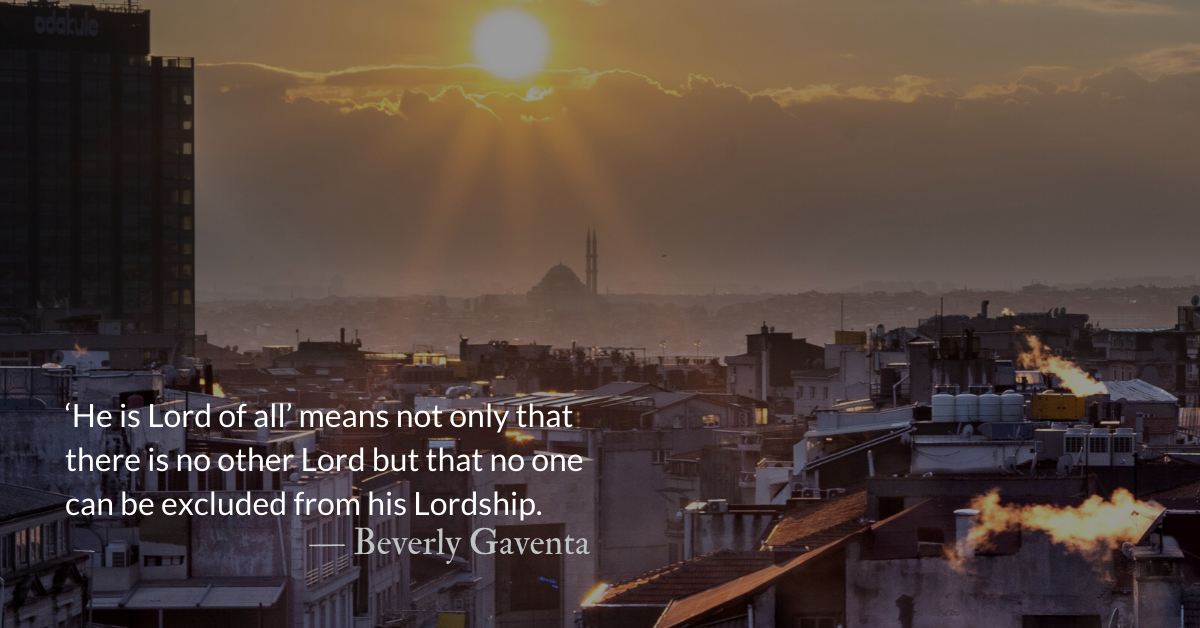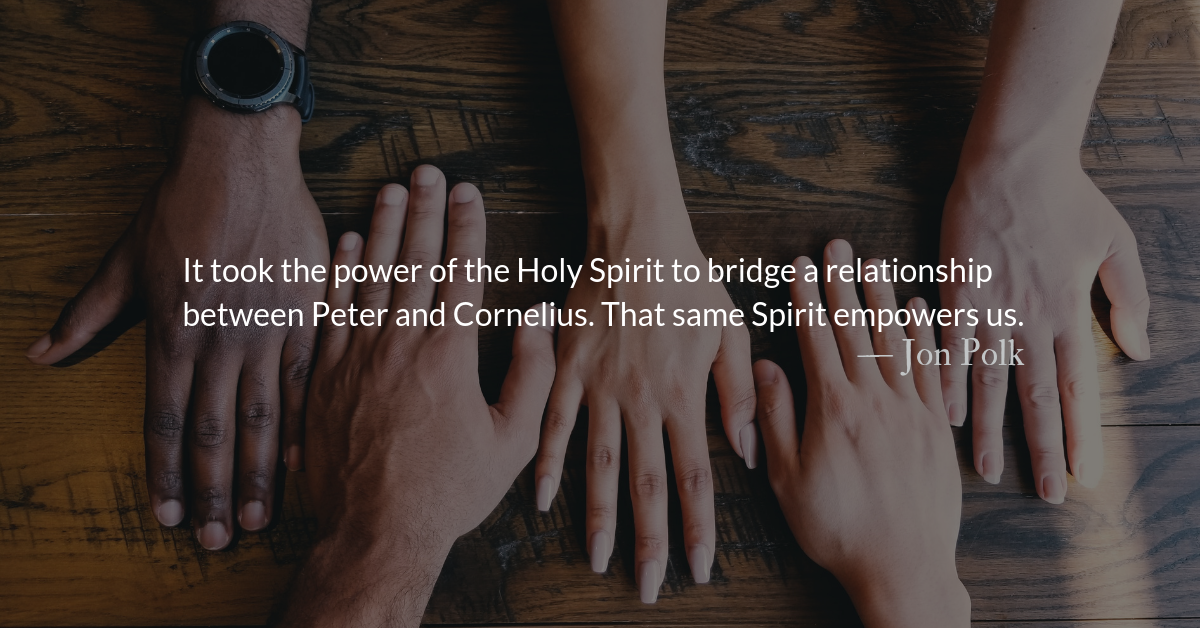Scripture Focus: Acts 10.36-43
36 You know the message God sent to the people of Israel, announcing the good news of peace through Jesus Christ, who is Lord of all. 37 You know what has happened throughout the province of Judea, beginning in Galilee after the baptism that John preached—38 how God anointed Jesus of Nazareth with the Holy Spirit and power, and how he went around doing good and healing all who were under the power of the devil, because God was with him.
39 “We are witnesses of everything he did in the country of the Jews and in Jerusalem. They killed him by hanging him on a cross, 40 but God raised him from the dead on the third day and caused him to be seen. 41 He was not seen by all the people, but by witnesses whom God had already chosen—by us who ate and drank with him after he rose from the dead. 42 He commanded us to preach to the people and to testify that he is the one whom God appointed as judge of the living and the dead. 43 All the prophets testify about him that everyone who believes in him receives forgiveness of sins through his name.”
Reflection: Knocking on Heaven’s Door
By John Tillman
The time of Cornelius’ afternoon prayer and vision is the same time that devout Jews prayed. During his regular practice of prayer, God’s message came to Cornelius.
Even though he was a Yahweh worshiper, Cornelius would only have been allowed into the outer court of the Temple to pray. However, his acts of generosity to the poor and his devotion to prayer were better than the offerings of goats or bulls he might have made. Cornelius knocked and Heaven’s door opened. (Luke 11.9)
Peter would also have been in prayer and meditation when he was confronted by a vision in which God began to chip out of Peter’s heart the prejudices he held against non-Jews and the favoritism he held for his own race. God is still working in our hearts today to shatter favoritism and prejudice.
Tucked into Peter’s meeting with Cornelius is a tidy summary of the gospel that would be easy to overlook. We already heard Peter preach to faithful Jews. We heard him speak before the Sanhedrin. We heard him speak in the Temple. But now, Peter explains the gospel to an outsider…to a Roman Centurion.
Peter assumes Cornelius is aware of most of Jesus’ ministry, saying “You know what has happened…” Even an outsider like Cornelius would have heard of healings, rumors of rebellion, rumblings of riots, and the scandal of Jesus’ execution. More than that, Cornelius knew what it meant for someone to be killed on a cross.
It is important for us to remember that nearly everything that happened to Jesus happened in public. His teaching, miracles, fame, conflict with authorities, and death would all have been public knowledge and, in many cases, public record. What Cornelius needed, and what our unbelieving friends need today, is to hear the testimony that Jesus’ death wasn’t the end. All the evidence Cornelius needed was standing in his home, telling him that Jesus was alive.
Cornelius and Peter found the truth and freedom from sin by seeking God through prayer. Their prayers were invaded by the Holy Spirit. When has the Holy Spirit invaded your prayers to confront you? To call you to reach out? To tell you “there’s more.”
The key to evangelism is not better strategies. It’s prayer. The key to sanctification is not working harder. It’s prayer. If we are purposeful and consistent in prayer, when we knock, doors for the gospel will be opened.
Divine Hours Prayer: The Cry of the Church
Christ has died. Christ has risen. Christ will come again!
– From The Divine Hours: Prayers for Springtime by Phyllis Tickle.
Today’s Reading
Leviticus 14 (Listen 8:11)
Acts 10 (Listen 5:49)
Read more about A Mutual Conversion
The conversion of Cornelius and company…God’s impartial love for all humanity impacted Peter…it also compels us as well.
Read more about Putting To Death Racial Hostility
The wellspring of the concept of racial equality is the cross of Christ.










